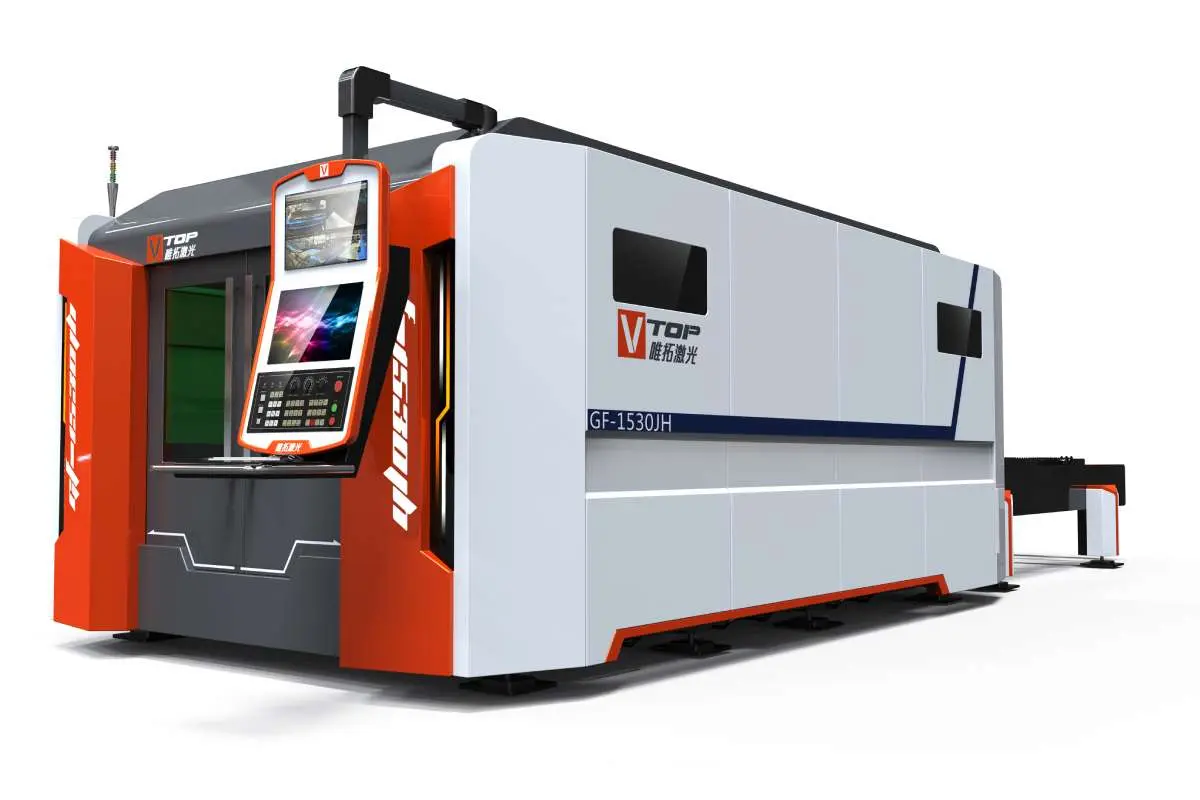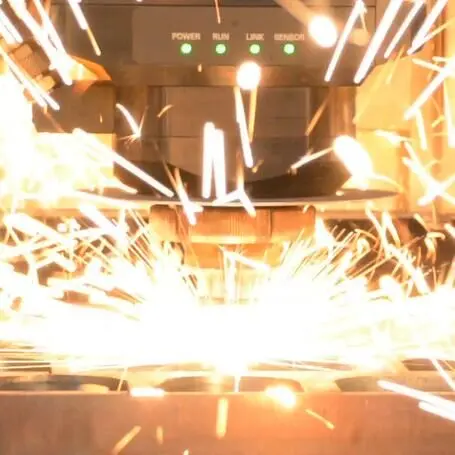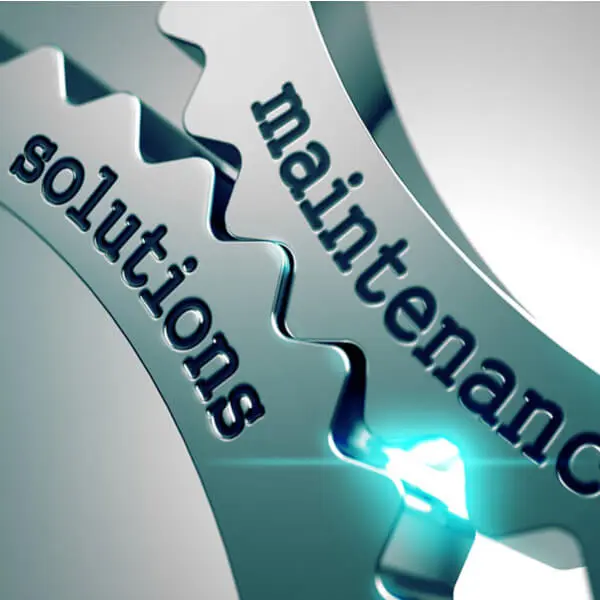In today’s fast-paced manufacturing environment, the demand for high-quality precision in production processes has never been greater. One technology that stands out amidst rising industrial needs is the Precision Laser Cutting Machine. With its ability to deliver intricate designs and flawless cuts on various materials, this machine has become an indispensable tool in numerous industries.
Precision laser cutting technology is based on the principle of focusing a high-powered laser beam onto a material’s surface. When the concentrated light hits the designated area, it generates enough heat to melt or vaporize the material, creating a clean and highly accurate cut. The laser’s precision allows manufacturers to execute complex shapes and patterns that are often unattainable with traditional cutting methods, enhancing both design creativity and production efficiency.
One of the key advantages of Precision Laser Cutting Machines is their versatility. These machines can process a wide array of materials, including metals, plastics, wood, glass, and textiles, making them suitable for diverse applications. For instance, in the automotive industry, laser cutting is used to create intricate parts that require extreme precision and can withstand high levels of stress. Similarly, in the aerospace sector, where every ounce of weight reduction matters, precision laser cutting allows for the production of lightweight yet robust components.

Exploring the Advanced Capabilities and Applications of Precision Laser Cutting Machines in Modern Manufacturing
The use of Precision Laser Cutting Machines provides several benefits over conventional cutting techniques. First and foremost is the enhanced precision. Laser cutting can achieve tolerances as tight as ±0.005 inches, a feat that is incredibly challenging to accomplish using mechanical cutting methods. This high level of precision leads to reduced material waste, as parts can be cut closer to their required dimensions. Consequently, manufacturers can save on material costs while also minimizing their ecological footprint.
Moreover, the laser cutting process a less invasive method of cutting, which results in minimal heat distortion or mechanical stress on the materials. This quality is particularly vital for sensitive materials or those with specific finish requirements. As a result, manufacturers enjoy higher throughput and can expedite production without compromising product quality.
Additionally, Precision Laser Cutting Machines offer rapid processing speeds, significantly improving overall production efficiency. These machines can operate continuously, resulting in faster turnaround times for orders. Advanced automation features in modern laser cutting machines, including computer-controlled systems and CAD software integration, allow for streamlined workflows, further enhancing productivity. Manufacturers can quickly switch between different designs without needing to set up new cutting tools, thus accommodating the increasing demand for customization in many industries.

Exploring the Advanced Capabilities and Applications of Precision Laser Cutting Machines in Modern Manufacturing
The evolution of Precision Laser Cutting Machines has also been characterized by technological advancements. Recent innovations, such as fiber lasers, have transformed the capabilities of laser cutting machines. Fiber lasers emit a concentrated beam that can cut through thicker materials with greater efficiency compared to traditional CO2 lasers. This ability has opened new possibilities for industries that require heavy-duty cutting operations.
Furthermore, advancements in software and automation technology have made Precision Laser Cutting Machines more user-friendly and efficient. Operators can easily program intricate designs and patterns into the machines using sophisticated software, enabling a seamless transition from design to production. Companies can now leverage real-time data and analytics to monitor production processes, ensuring optimal machine performance and reducing downtimes.
Despite their many advantages, it is important for manufacturers to consider the initial investment required for acquiring Precision Laser Cutting Machines. While the long-term benefits often outweigh the initial costs, companies must evaluate their specific needs, production volumes, and material requirements to justify the investment.

Exploring the Advanced Capabilities and Applications of Precision Laser Cutting Machines in Modern Manufacturing
In conclusion, the Precision Laser Cutting Machine represents a pivotal advancement in manufacturing technology, merging speed, accuracy, and versatility in one powerful tool. Industries ranging from automotive to aerospace are harnessing its potential to not only improve product quality but also streamline their operations. As technology continues to progress, it is clear that the role of precision laser cutting will be crucial in shaping the future of modern manufacturing, driving innovation and efficiency across various sectors. For manufacturers aiming to maintain a competitive edge, investing in precision laser cutting capabilities is undoubtedly a step toward achieving greater operational excellence. laser welding machine




